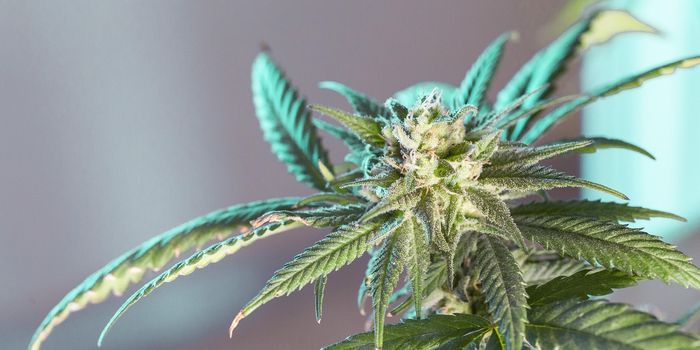Physical Withdrawal Symptoms in 47% Who Quit Cannabis
As cannabis has become more and more popular for both medical and recreational use, researchers are increasingly able to conduct studies on how it interacts with the body. Now, they have found that people who stop smoking the substance may experience withdrawal symptoms.
For their study, the researchers conducted a meta-analysis of observational studies looking at the effects of cannabis withdrawal on 23,518 individuals. The median age among the participants was 29.9 years old, while 69% of the participants were men, and 72% were caucasian.
In the end, they found that 47% of the people studied had cannabis withdrawal syndrome (CWS), characterized by symptoms such as anxiety and stomach pain, chills, constant headaches and night sweats. They also found that use of other substances such as tobacco and daily cannabis use was associated with a higher risk of CWS.
"People may feel that weed helps their anxiety level, but it may be more that you are developing worsening anxiety from marijuana withdrawal, rather than weed helping your anxiety level,” says Dr Scott Krakower, unit chief of psychiatry at Zucker Hillside Hospital in Glen Oaks, New York. “It's hard to explain to people that the symptoms they're experiencing could be from them not using marijuana."
Although interesting findings, cannabis advocates say that CWS may be overlooked as studies tend to look at cannabis use within the larger context of drug abuse, where withdrawal symptoms are often more severe and dangerous. This comes especially as the CWS tends to last for just a few days as opposed to weeks or months as with other substances.
“By comparison, the profound physical withdrawal effects associated with tobacco are so severe that many subjects who strongly desire to quit end up reinitiating their use,” says Paul Armentano, deputy director or NORML. "In the case of alcohol, the abrupt ceasing of use in heavy users can be so severe that it can lead to death. Simply withdrawing from caffeine can lead to a number of adverse side effects, like rebound headaches.”
Although the meta-analysis included a large sample size, its findings are still inconclusive due to the study’s observational, rather than clinical nature. Furthermore, as it only accounted for people who had sought treatment, withdrawal effects on those who may not seek treatment are left unknown.
Sources: Merry Jane, JAMA Network, USA News









